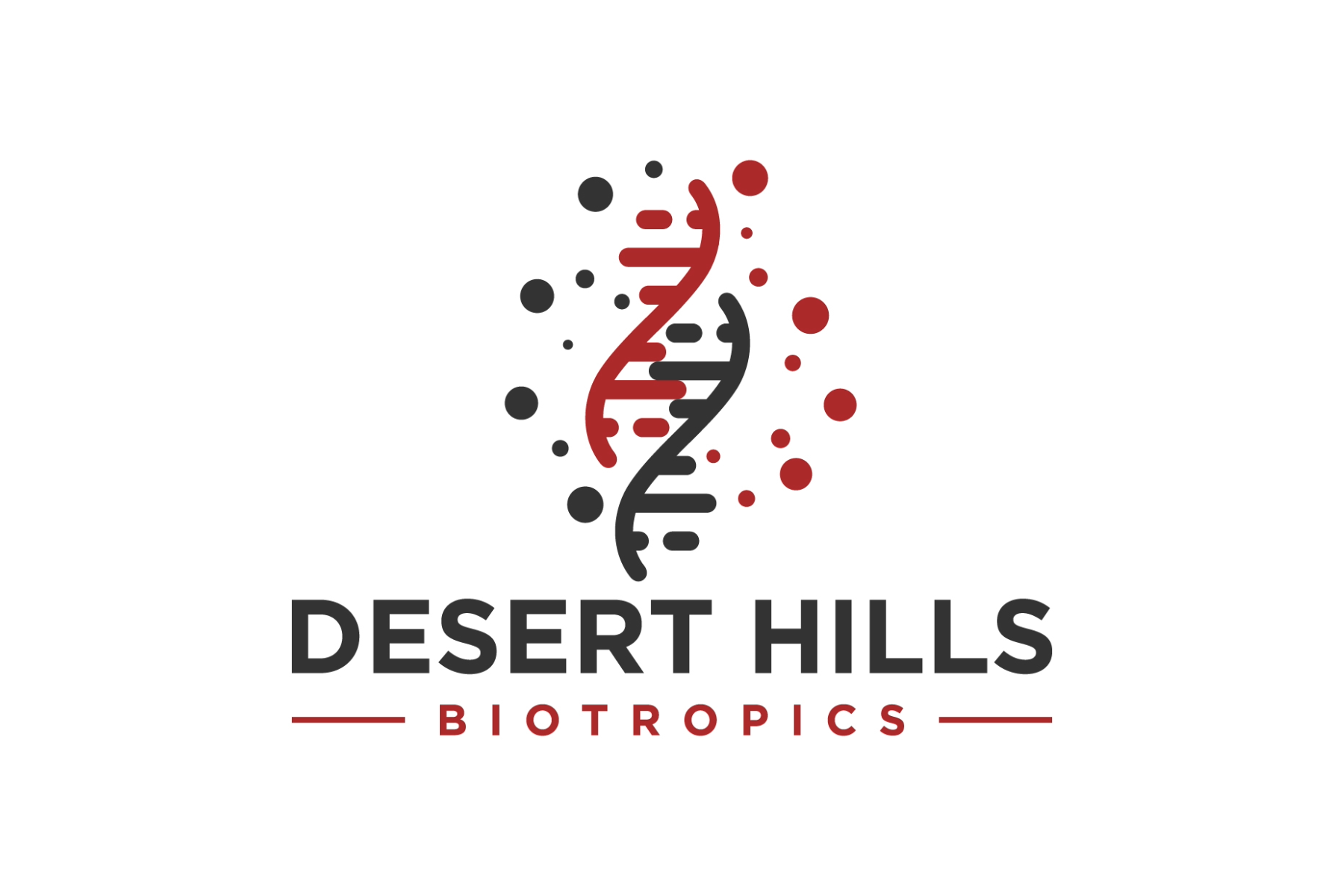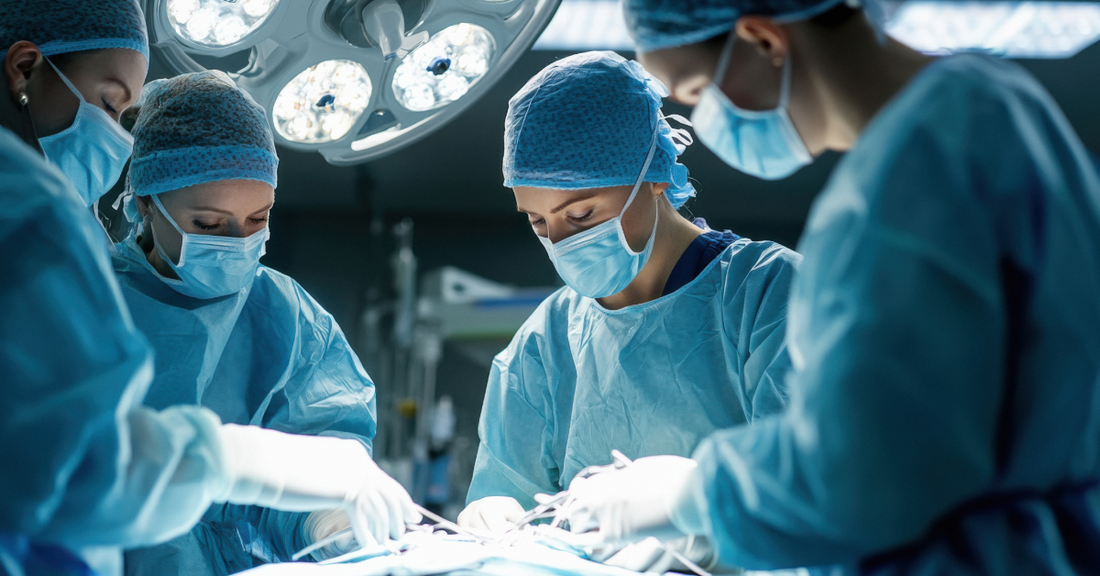Going through surgery is a serious stress on the body. Whether it's orthopedic repair, soft tissue surgery, or something more invasive, your body needs the right tools to heal. Traditional recovery often includes rest, pain management, and physical therapy, but for faster recovery, less scarring, and better function, many people are turning to peptides, especially BPC-157, as part of their post-op healing plan.
In this article, we’ll cover what current research shows about BPC-157 post surgery, what other surgery recovery supplements you might pair with it, and when is the best time to start using them after surgery. Whether you’re prepping for surgery or healing now, this is your roadmap for better post-operative outcomes.
What Is BPC-157 & Why It’s Gaining Attention in Surgery Recovery
-
What is BPC-157?
BPC-157 (Body Protection Compound-157) is a 15-amino-acid peptide originally derived from gastric juice. It’s been studied mostly in animal models. Preclinical research shows it helps accelerate healing in muscle, tendon, ligament, bone, gut lining, and by promoting angiogenesis (growth of new blood vessels), modulating inflammation, and improving collagen and growth factor signaling. -
Key Post-Op Healing Benefits:
-
Tissue repair & angiogenesis — Gelable peptidic signals with BPC-157 stimulate vascular endothelial growth factor (VEGF), which aids in supplying nutrients and oxygen for healing.
-
Reduced inflammation and scarring — Studies show reduced inflammatory markers and less fibrotic or scar-tissue formation in treated subjects.
-
Multi-tissue benefits — Not just muscle: tendons, ligaments, gut tissue, even bone reattachment scenarios show positive healing in rodent models. For example, the quadriceps muscle-to-bone reattachment study showed improved structural healing and function.
-
When to Start: Timing for Post-Op Peptide Use
-
Pre-Op Considerations (if possible):
If you have advance notice of surgery, preparing your body — nutritionally, sleep, reducing inflammation — can help when using peptides post-op. Some practitioners believe starting peptides just before surgery can “prime” tissues to handle trauma better. (lifetimesurgical.com) -
Immediately Post-Op / Early Phase:
As soon as bleeding’s under control and your surgeon gives the green light (often when risk of infection is lower, sutures closed, etc.), starting peptides can help with early wound healing, angiogenesis, and reducing inflammation. This early window is often when the body’s repair mechanisms are most active. -
Later Phase / Remodeling Phase:
Weeks after surgery, as tissues are remodeling and scar formation occurring, peptides can still help optimize collagen alignment, reduce fibrosis, and improve mobility and function. Continued BPC-157 use in this phase shows improved restoration of structure and function in animal studies.
Other Supplements & Supportive Measures to Pair With BPC-157
-
Nutrition & Protein Support:
Adequate protein, amino acids like L-Glutamine, and collagen substrates help materialize the structural repair that BPC-157 signals. -
Mind-Tap / Nootropic Support (optional):
Mental clarity, reduced stress, and better sleep all contribute to better healing. A healthy mental state enhances hormonal balance and immune response, which impacts physical recovery. -
Nootropic Defense / Adaptogens:
These may help moderate stress response, which otherwise can increase inflammation and slow healing. -
Rest, Sleep & Physical Therapy:
Remember: peptides are not magic. Sleep, rest, proper wound care, PT, clean nutrition, and avoiding infection are all foundational.
What the Research Says: Human vs Animal Evidence & Risks
-
So far, most of the evidence around BPC-157 and surgical recovery comes from animal studies. These show promising results for wound healing, tendon/ligament repair, and even muscle-to-bone reattachment in rats.
-
Human data is limited: One or two small case reports or retrospective reports exist, but unfortunately there are no large, randomized, clinical trials with human subjects. Since peptides derive from natural sources and cannot be patented, there is little incentive for pharmaceutical companies to fund human trials.
Practical Guidelines: How to Use BPC-157 After Surgery (Capsules Option)
Here is a suggested protocol to discuss with your healthcare provider:
| Phase | Typical Start Time | Typical Dose (capsules equivalent) | Duration |
|---|---|---|---|
| Early Post-Op (once cleared by MD) | Within days post surgery (if low risk) | Up to 4 Recover capsules daily | 4-6 weeks |
| Mid / Remodeling Phase | From week 3-4 onward | Continue or slightly reduce dose to 3 capsules depending on healing progress | Additional 2-4 weeks |
| Maintenance / Scar Improvement | After major healing | Lower dose to 2 capsules daily | Until full function / mobility returns |
Conclusion
Surgery recovery is hard work, but using science-driven tools can make a big difference! BPC-157 shows excellent promise for accelerating healing, reducing inflammation, improving tissue structure, and supporting functional recovery. When paired with good nutrition, rest, mental clarity (via nootropic support like Mind-Tap), and adaptogens (like Nootropic Defense), you can optimize your post-op healing journey.
If you’re considering surgical recovery, work with your medical provider, choose high-quality supplements, and follow a phased protocol. The goal: return stronger, more resilient, and with better outcomes than what’s typical.
👉 Explore our Recover (BPC-157) product capsules and see if it fits in your post-op plan.

